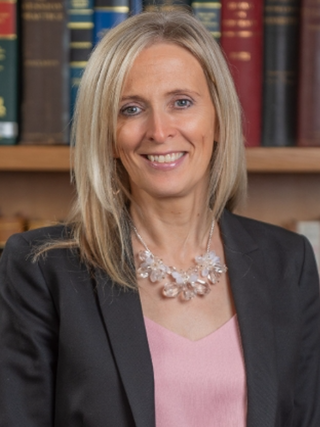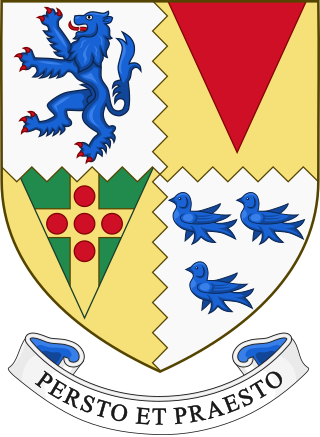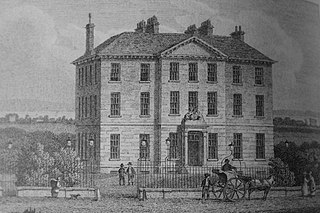
Henry Dundas, 1st Viscount Melville, PC, FRSE, styled as Lord Melville from 1802, was the trusted lieutenant of British prime minister William Pitt and the most powerful politician in Scotland in the late 18th century.
David Murray may refer to:

His Majesty's Solicitor General for Scotland is one of the Law Officers of the Crown, and the deputy of the Lord Advocate, whose duty is to advise the Scottish Government on Scots Law. They are also responsible for the Crown Office and Procurator Fiscal Service which together constitute the Criminal Prosecution Service in Scotland.

Stowe School is a public school for pupils aged 13–18 in Stowe, England. It opened on 11 May 1923, initially with 99 schoolboys, and with J. F. Roxburgh as the first headmaster. The school is a member of the 18 member Rugby Group, the Headmasters' and Headmistresses' Conference, and the G30 Schools' Group. Originally for boys only, the school is now coeducational, with 541 boys and 374 girls - 915 students enrolled in the school as of September 2023.
Robert Dundas may refer to:

Admiral Sir James Whitley Deans Dundas GCB was a Royal Navy officer. He took part in the Napoleonic Wars, first as a junior officer when he took part in the Anglo-Russian invasion of Holland in Autumn 1799 and later as a commander when he was in action at Copenhagen Dockyard shortly after the capture of that City in August 1807. He also served as Whig Member of Parliament for Greenwich and then for Devizes and became First Naval Lord in the First Russell ministry in July 1847 and in that role his service was dominated by the needs of Whig party. He was appointed Commander-in-Chief in the Mediterranean in 1852 and led all naval operations in the Black Sea including the bombardment of Sevastopol in October 1854 during the Crimean War.
Thomas Dundas may refer to:

Vice-Admiral Sir Richard Saunders Dundas, was a Royal Navy officer. As a captain, he took part in the capture of the Bogue forts in January 1841, during the First Opium War. He was appointed to the command of the Fleet in the Baltic Sea, in succession to Sir Charles Napier, in February 1855 and led the naval support during the latter stages of the Crimean War, enforcing a strict blockade and carrying out the bombardment of Sveaborg in August 1855. He was appointed First Naval Lord in the first Palmerston ministry in November 1857 and then, after stepping down to be Second Naval Lord during the second Derby–Disraeli ministry, he stepped up again to become First Naval Lord in the second Palmerston ministry in June 1859 remaining in office until his death. The Prime-Minister described Dundas as "a most distinguished officer".
Dundas is a surname and a Scottish clan. Notable people with the surname include:
Sir David Barnett Dundas, 2nd Baronet, was a Scottish advocate, Liberal politician and agricultural improver.

Clan Dundas is a Scottish clan.
Lawrence Dundas may refer to:
Charles Dundas may refer to:
John Cochrane may refer to:

Major General John Scott (1725–1775), of Balcomie and Scotstarvit, was a Scottish politician and senior British Army officer. He was nicknamed Pawky Scott.

General Sir David Dundas was a British Army officer who fought in the Seven Years' War and French Revolutionary Wars, wrote important texts on the Principles of Military Movements and then served as Commander-in-Chief of the Forces from 1809 to 1811.
George Dundas may refer to:
Events from the year 1717 in Scotland.
Events from the year 1718 in Scotland.
Governor Campbell may refer to:
This page is based on this
Wikipedia article Text is available under the
CC BY-SA 4.0 license; additional terms may apply.
Images, videos and audio are available under their respective licenses.







